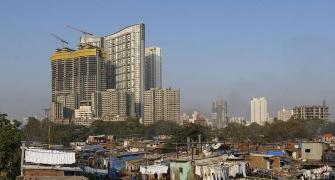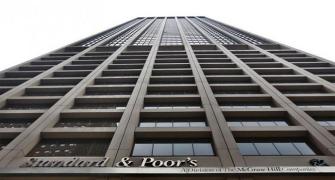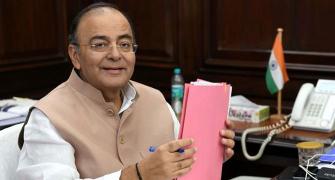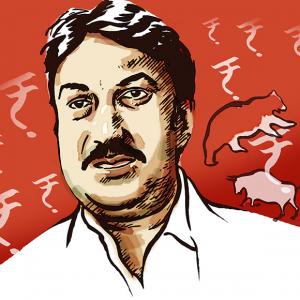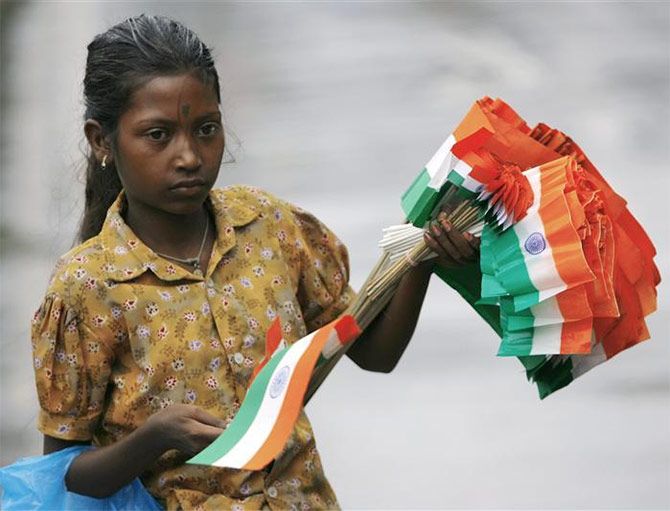 Overall, the Survey warned that unless shifts in the vision of development were articulated and embraced, the Indian economy would lose the chance to move to a high-growth trajectory.
Overall, the Survey warned that unless shifts in the vision of development were articulated and embraced, the Indian economy would lose the chance to move to a high-growth trajectory.
The Economic Survey for 2016-17, released on Tuesday, provided a refreshingly realistic assessment of the many challenges facing the Indian economy in the coming years.
It outlined these challenges, including possible global economic turbulence and the after-effects of demonetisation, before discussing policies that could revive investment and restore growth.
Launching India to a high-growth trajectory would take “shifts in the underlying vision”, the Survey said.
The estimates of growth in gross domestic product (GDP) were sobering.
The Survey noted that first-half growth in the current financial year, at 7.2 per cent, was “on the weaker side” of last year’s Economic Survey estimates; and that full year-growth would likely dip below seven per cent due to economic activity being adversely affected by demonetisation.
The Survey projected a dip of “between 1/4 and 1/2 percentage points relative to the baseline of about seven per cent”, suggesting likely growth between 6.5 per cent and 6.75 per cent in 2016-17.
For 2017-18, the Survey projected growth of 6.75-7.5 per cent.
The Survey went on to claim that growth could reach 8-10 per cent in the medium run through the implementation of reforms, including follow-ups on demonetisation and the Goods and Services Tax (GST).
The follow-up actions on demonetisation it recommended included a swift end to currency rationing.
The Survey pointed out that the demand for cash must come from consumers, and not be managed by the State.
“Digitalisation is not a panacea, nor is cash all bad,” the Survey said, adding that the transition to the digital economy must be gradual and inclusive, and the costs borne by the government and not the private sector.
To reap the full benefits of demonetisation, the Survey insisted that GST be more broad-based, by including land-related taxation.
It also said that tax administration would now have to become more accountable and less discretionary -- and argued for a reduction in taxes across the board.
However, elsewhere the Survey warned against further fiscal activism, noting India “stands out for the size of the deficits it has run over the past decade”.
India’s experience “has reaffirmed the need for rules to contain fiscal deficits”, the Survey added, insisting the basic tenets of the Fiscal Responsibility and Budget Management Act of 2003 remain valid.
Problems are brewing in particular at the state level, where the consolidated deficit rose from 2.5 per cent of GDP to 3.6 per cent in just one year. The Survey argued that market-based discipline should be introduced to state finances.
More controversially, it suggested that India should consider returning to a system where states received resources partly on the basis of their own fiscal performance -- the fiscal framework preferred by the Thirteenth Finance Commission, but overturned by the Fourteenth.
The GDP growth numbers it quoted were sobering because, the Economic Survey argued, of the sharp decline in fixed investment.
The Survey admitted that, in spite of years of attempting to fix the “twin balance sheet problem” of indebted corporations and overstretched banks, a solution still appeared distant.
The Survey also pointed out this was “the second time in a decade” that PSU banks were suffering a bad loan crisis, which highlighted the continuing need for fundamental reforms.
A decentralised approach -- allowing and empowering banks to take decisions on stressed loans -- appeared to not be working.
The Survey said that the time was therefore ripe to look at a “public sector asset rehabilitation agency” that could take decisions that were proving politically intractable otherwise.
The agency, the Survey said, would have to be independent, take decisions on a commercial rather than a political basis. Even then, “establishing the market price of distressed loans is difficult and would prove time-consuming”.
On the question of welfare delivery, the Survey took on the contested question of a Universal Basic Income or UBI.
It said that the time was ripe for “serious discussion” of the UBI, and calculated that if middle-class subsidies such as subsidies for LPG and aviation fuel and personal income-tax exemptions were abolished, then it could pay for a UBI of Rs 3,240 a year to all Indian women.
Recognising the fiscal implications of adding a UBI on top of existing welfare schemes, the Survey suggested any pilot of the idea offer UBI “as a choice to beneficiaries of existing programmes” to see what Indian citizens prefer.
It warned, however, that working out how the fiscal burden of any UBI would be shared between the Centre and the states could be as complex as the long-running GST negotiations.
Overall, the Survey warned that unless shifts in the vision of development were articulated and embraced, the Indian economy would lose the chance to move to a high-growth trajectory.
The time available for this shift was not infinite. The Survey calculated that additional GDP growth due to demographic factors would peak in the 2011-20 period and decline thereafter.
The Survey’s basic argument was that, if India is to take advantage of its demographic dividend, and recover from demonetisation, it must move more swiftly.
Photograph: Reuters.


